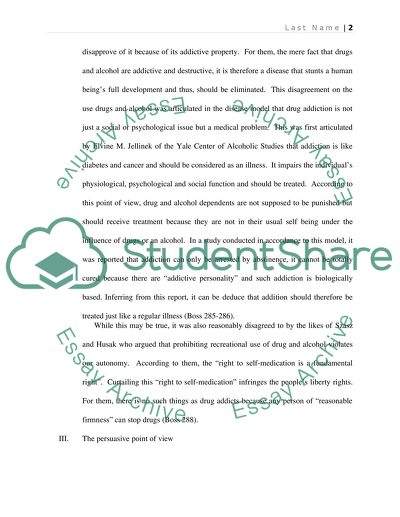Cite this document
(“Drug and Alcohol Use Term Paper Example | Topics and Well Written Essays - 1500 words”, n.d.)
Retrieved from https://studentshare.org/sociology/1439976-drug-and-alcohol-use
Retrieved from https://studentshare.org/sociology/1439976-drug-and-alcohol-use
(Drug and Alcohol Use Term Paper Example | Topics and Well Written Essays - 1500 Words)
https://studentshare.org/sociology/1439976-drug-and-alcohol-use.
https://studentshare.org/sociology/1439976-drug-and-alcohol-use.
“Drug and Alcohol Use Term Paper Example | Topics and Well Written Essays - 1500 Words”, n.d. https://studentshare.org/sociology/1439976-drug-and-alcohol-use.


